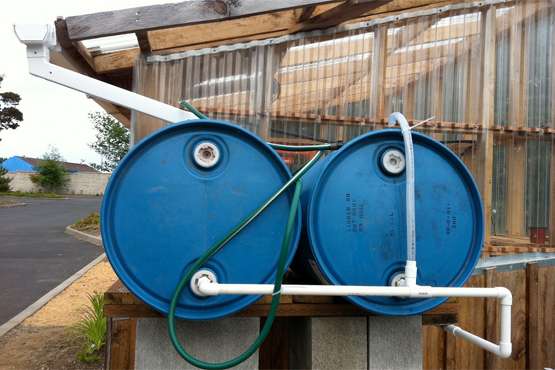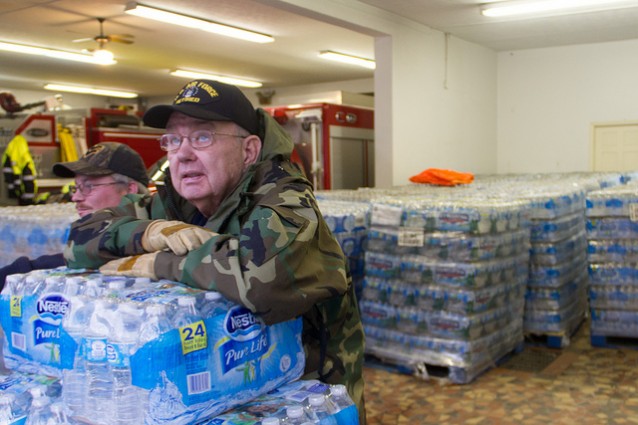
Natural gas is flared at a Pioneer Natural Resources well, in Karnes County, Texas in 2010.
Photographer: Eddie Seal/Bloomberg
bloomberg.com - by Lisa Song, Jim Morris and David Hasemyer - February 20, 2014
. . . For the past eight months, the Center for Public Integrity, InsideClimate News and The Weather Channel have examined what Texas, the nation's biggest oil producer, has done to protect people in the Eagle Ford from the industry's pollutants. What's happening in the Eagle Ford is important not only for Texas, but also for Pennsylvania, Colorado, North Dakota and other states where horizontal drilling and high-volume hydraulic fracturing, or fracking, have made it profitable to extract oil and gas from deeply buried shale.
Our investigation and records obtained from Texas regulatory agencies reveal a system that does more to protect the industry than the public. . .
(READ COMPLETE ARTICLE)





 Interior Department Endorsement Is A First Step Toward Allowing Drilling
Interior Department Endorsement Is A First Step Toward Allowing Drilling




Recent Comments